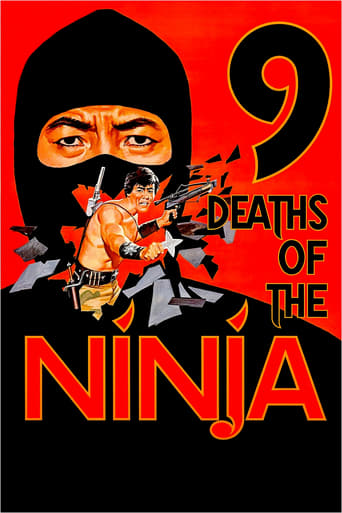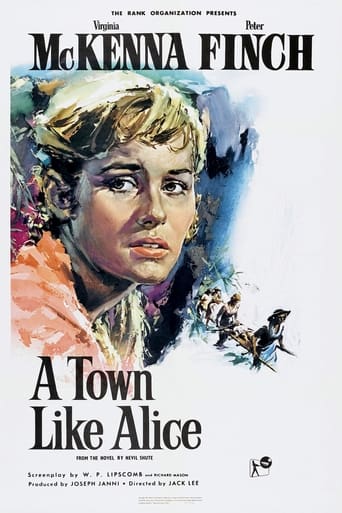


A Town Like Alice
In 1941 Malaysia, the advancing Japanese army captures a lot of British territory very quickly. The men are sent off to labor camps, but they have no plan on what to do with the women and children of the British.
-
- Cast:
- Virginia McKenna , Peter Finch , Tran Van Khe , Jean Anderson , Marie Lohr , Maureen Swanson , Renée Houston


Similar titles


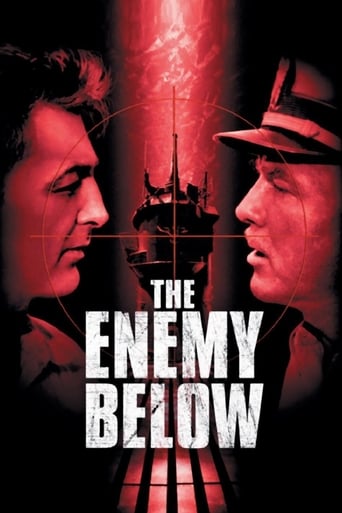
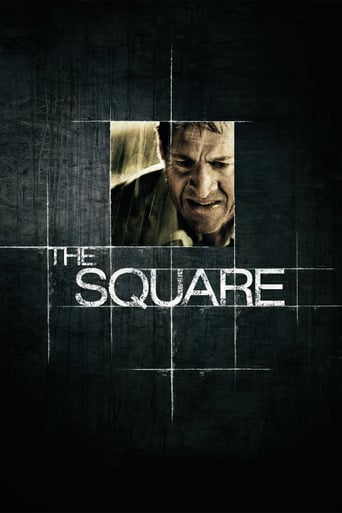
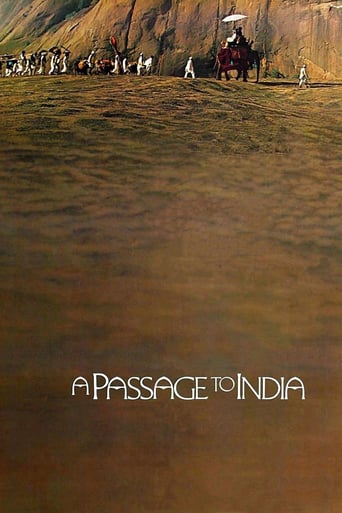
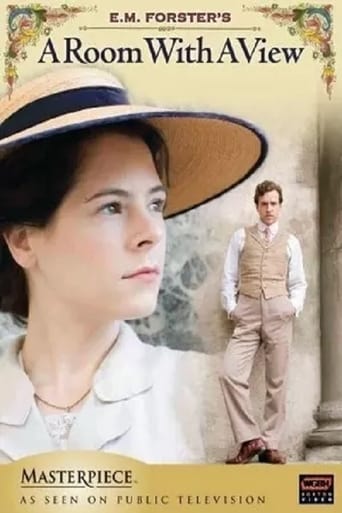
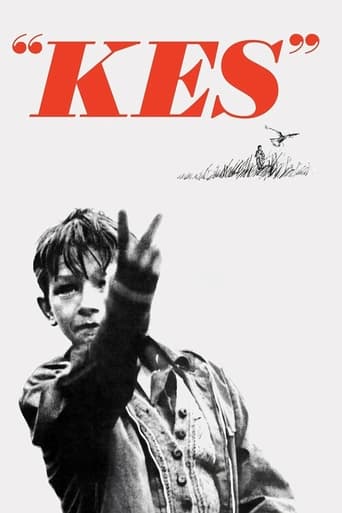
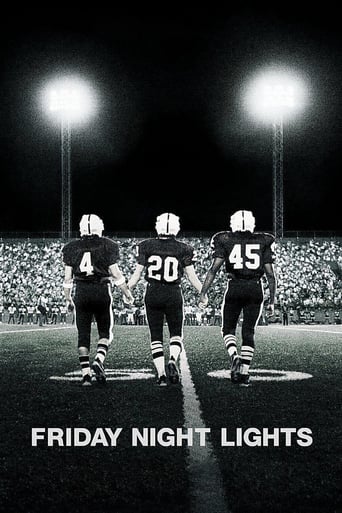
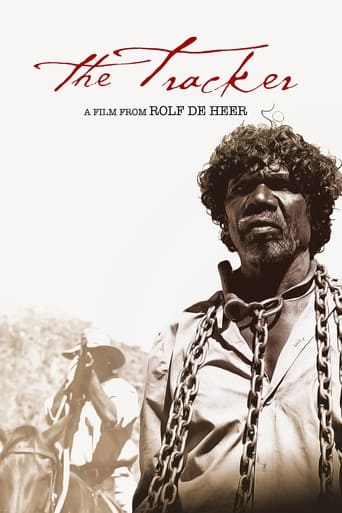
Reviews
How sad is this?
It's complicated... I really like the directing, acting and writing but, there are issues with the way it's shot that I just can't deny. As much as I love the storytelling and the fantastic performance but, there are also certain scenes that didn't need to exist.
It is neither dumb nor smart enough to be fun, and spends way too much time with its boring human characters.
Blistering performances.
I remember my mother and my aunt watching this film when I was a little boy late once night when it came on television. They seemed to have cried most of the way through the film. This is an image that sticks in my mind whenever this film is mentioned.Years later my mother told me how she lost some relatives in the second world war as they tried to escape from the Japanese in Burma by trying to walk ti to India. They apparently died of exhaustionA Town Like Alice adapted from the novel by Nevile Shute looks at a group of women as they shuffle from one Japanese camp to another during occupied Malaysia but no one would take them in. Slowly one by one they perish because of malnutrition, sickness, disease or exhaustion. During their journey they are accompanied by an old guard who slowly comes to respect them.During the journey Virginia McKenna meets Australian soldier Peter Finch also a prisoner of war but he does his best to help them out here and there and both fall for each other. However he faces severe punishment when he is found out for stealing some chickens.The film is told in flashback as McKenna goes back to Malaysia after the war and discovers what happened to Finch.This is a gritty and unromanticised view of life in occupied Far East, many years before films like Empire of the Sun. Also it is unusual for not being set in a prisoner of war camp, these people want to get there and stay there. The film company filmed in Malaysia and Australia for added authenticity.Look out for Jean Anderson, many years later she appeared in the BBC television series Tenko which was also women held in a prisoner of war camp in Malaysia.
This is a moving film with a stunning performance by Virginia McKenna. It also has Peter Finch in a portrayal of what must be the quintessential Australian character of the period.The film is told in flashback as Virginia McKenna's character, Jean Paget, goes back to Malaya after WW2 to help the villagers who saved her life. We learn that Jean was captured there by the Japanese along with a group of other British women and children.They are sent from town to town on foot. However, no Japanese will take responsibility for them - they walk hundreds of miles and many die. They encounter an Australian, Joe Harman, played by Peter Finch, who finds them food and medicine. Finally, the survivors see out the rest of the war in a Malay village. After the war, Jean travels back to Malaya and then to Australia to learn of Joe's fate.I saw this film in a packed cinema in Sydney when it was first released in 1956. I was quite young, but there would no doubt have been many in the audience who had first-hand experience of war with the Japanese, including my father. The film resonated with Australians who did not feel great love for the Japanese at the time, mainly due to their treatment of prisoners of war.Also at that time, Australians were rarely depicted on the screen, but Aussie, Joe Harman, has a key role, which accorded with the idealised national character of the day, unfortunately including his use of derogatory terms for native peoples, common at the time.Although much of the film was shot in the studio, there was enough location shooting in Malaya and Australia to give it a feeling of authenticity.It is a harrowing story with many heartbreaking scenes. It vividly captures the fall of empire as the Japanese supplant the British in Malaya, and humiliate them in front of their former colonial subjects. The scenes of the women and children trudging along holding their meagre possessions or the little girl looking back as she leaves a beloved rocking horse show their comfortable lifestyles torn asunder.Jean Paget emerges as one of the strong characters of the group. This is such a truthful performance by Virginia McKenna who looks beautiful even though she is covered in sweat and dirt for much of the film.The story is fictional. It is based on Neville Shute's novel, which he based on the plight of a group of Dutch women in similar circumstances in Sumatra. However, it is possible they didn't actually have to walk everywhere. In that case does the film slander the Japanese?Fresh in people's minds when the film came out, was the knowledge that the Japanese had carried out a number of death marches in the Philippines and Borneo as well as atrocities on the Thailand-Burma Railroad. Japanese troops had also been involved in the massacre of prisoners of war, nurses and tens of thousands of Chinese civilians in Singapore and elsewhere.The events in "A Town Like Alice" may be fictionalised but they fit the modus operandi. The militaristic Japanese regime of the time looked with contempt on people who surrendered in war, and this often manifested itself in cruel treatment.Although the Australian-made mini-series with the charismatic Bryan Brown and luminous Helen Morse brought more of the book to the screen, I don't think it diminishes this version at all - it is still unforgettable.
A Town Like Alice (1956)A remarkable movie, completely under everyone's radar, about a group of English women in Asia during World War II. They suffer under the hands of the Japanese not as prisoners, quite, but as refugees caught between captors. Having nowhere to go and no one to protect them, they end up walking and walking, through jungle and no-man's land, past actual POW camps and through native villages, until gradually they start to die from the hardship.Mixed into this really vivid and heartbreaking drama is a love affair between a passing Australian soldier and one of the women. The man is a prisoner of the Japanese who seems to have some freedom because he can fix things for them, and he crosses paths with the women a few times over the years. Years, yes. The movie moves quickly through a long period of war. This is the real war for most people, the occupation by the Japanese and their arrogance, and the patience and impotence of ordinary people. It is told with alarming frankness. I mean, it's still a movie from the 1950s, not a documentary, but the plainness of the actors, the relatively low budget of the film, and the location shooting all make for a convincing final product. It's amazing, at times, and heartwarming as much as heartwrenching. There is even the one terribly good Japanese soldier trapped by the same bigger circumstance of a war that was not his doing.The one known actor here is Peter Finch, who is marvelous, even though his role is limited. He is meant to be a bright spot in the life of this woman, and he is wonderfully bright and cheerful (a true Aussie stereotype that we all love). The book that inspired the movie is widely regarded to this day, and was written by Nevil Shute, who heard about a group of Dutch (not English) women shuttled about by the Japanese in Dutch Malaysia during the war. It turns out that they were not usually made to walk, but Shute's misunderstanding of the story led to the main drama of the book and later movie. The crucifixion of prisoners by Japanese soldiers (shown in the movie) is substantiated, however, and it's a gruesome final turn of events for the plot.There are few movies of this post-war period that really deal with ordinary suffering by ordinary people in Asia during the war (the suffering of civilians in Europe or Britain is fully shown, by contrast). This one does it well, very well. A wonderful surprise.
I have just posted a comment on "Merry Christmas Mr Lawrence" directed by Nagisa Oshima in the early 1980s. The main originality of MCML does not lie in its subject, as other films have dealt with Prisoner-of-War camps under the Japanese rule, the most famous of them remaining "The Bridge on the River Kwai" by David Lean (1957). As MCML is a much more recent film, it might be considered as a more realistic approach to the daily life in a camp under such circumstances; yet realistic films on this subject appeared as early as in the 1950s with works like "A Town like Alice" directed by Jack Lee, which was rejected in its time by the Cannes Film Festival for its shocking content and violence a sharp contrast with often romanticized productions where war has a glamorous aspect. "A Town like Alice" is also original for it tells war from the point of view of women, and women in conflicts are often ignored by war movies.It has been years now since I watched "A Town like Alice". I remember it as a good and honest film about the conflict with the Japanese in the Far East. Virginia McKenna as a British nurse and Peter Finch were both convincing. It may be not the best film on WWII, yet it has an authenticity and favors a psychological and realistic approach to the characters than can attract many viewers, not just war movies freaks.By the way, the title is a reference to the town of Alice Springs, where the story ends.


